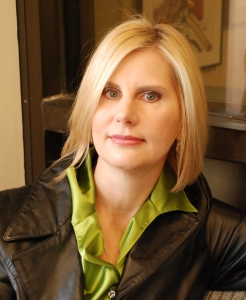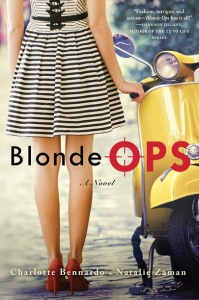
This week we have Part Two of Charlotte Bennardo ‘s article on building a research database. Click here to read Part One:
Teachers and professors are an excellent and accessible source. Whether it’s your child’s high school German teacher, or a college/university professor, whether you stop by or email, they generally are very excited to share their knowledge and expertise. You may even be able to get help from professors across the globe in any field of study courtesy of email, if they are willing. (It doesn’t hurt to mention after you’ve gotten what you need that you would like to acknowledge them in your book. This builds great press for them, the college/school, and you, plus it will help your name appear whenever that subject/person/book is Googled.) Again, identify yourself as a writer, be specific about what you need, and don’t waste their valuable time by being discourteous or lazy. If they don’t answer or refuse, move on. There are plenty of other sources. Keep in mind that famous people have a lot of demands on their time (Neil DeGrasse Tyson is a fabulous source, but his schedule may not have room for answering yours out of the many tweets or emails he gets. Luckily he’s not the only physicist.)
Television is such a rich source, and now it’s a viable one for research. The Discovery, Science, NatGeo, Weather, Travel, etc. channels are filled with documentaries done by specialists, scientists, historians, and others in the know. Citing one of these experts is a primary source, and what makes it even better is that all these channels now are linked to their own websites where you can re-watch the episode that had the information you needed, and it lists their sources! Just watching these channels fills a writer with an abundance of story ideas, then they give you a head start on your own research.
You probably know a lot of interesting people. Maybe one friend is a lawyer, a nurse, an engineer, someone who speaks a second language, is part of a different culture or religion. What a gold mine! These people are handy and you know you can go back if you need clarification. Additionally, your friends might know people with other skills or knowledge that they can connect you with. And nothing pleases people more than to know someone values their knowledge and experience.
Your family is a wonderful source of stories, documents, witnesses, photos, and genealogy. Use them! Documents and photos are primary (the best) sources.
There are organizations, like the National Archives, that do nothing but collect, maintain, and make available records of all kinds. Historical societies, newspapers, and even the Associated Press which has a photo archive of every photo it has used (and some it didn’t), are first-rate sources. With some organizations, there are restrictions; you cannot go to the National Archives and ask to see the original Declaration of Independence. Some collections are restricted to people like academics or historians, or have other limitations on access, or they may charge you for photocopies and for them to do a search (since you won’t be allowed into their archives. Some materials are very delicate and must be handled with extreme care under special circumstances). Check with the organization and see what conditions and restrictions apply.
 http://www.charlotteebennardo.blogspot.com/
http://www.charlotteebennardo.blogspot.com/
http://kidlitresources.wordpress.com/
Beware the Little White Rabbit (anthology- Alice Through the Wormhole, Leap Books)
Blonde OPS (St Martin’s/Dunne)
Publisher’s Weekly calls Blonde OPS “…a light mystery with entertaining dialogue, an energized pace, ever shifting suspects and a glimpse into the benefits and drawbacks of art and fame…”
The SIRENZ Series (Flux)
Sirenz
Sirenz: Back in Fashion
Talk tomorrow,
Kathy
Leave a comment